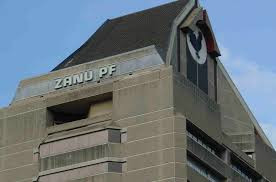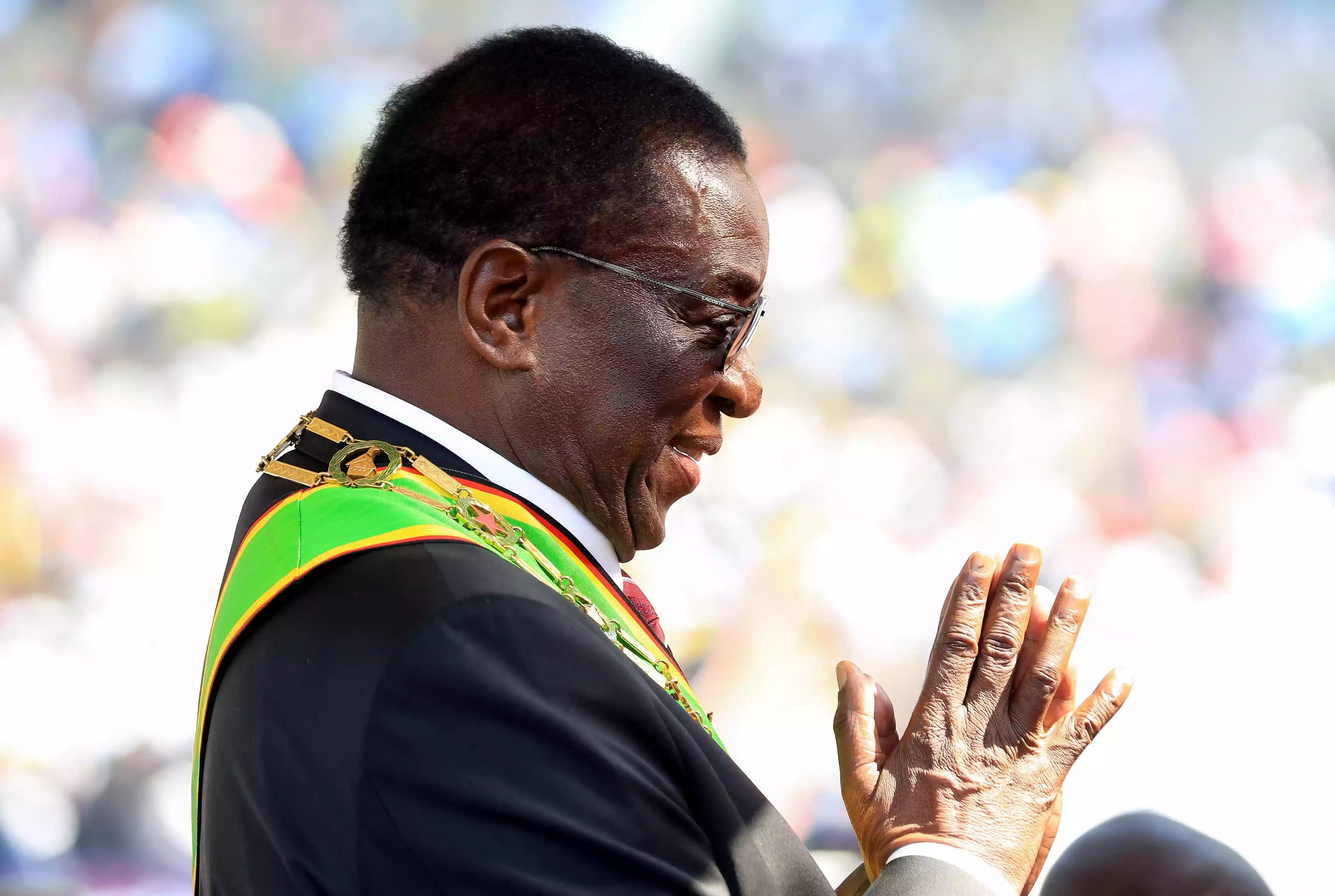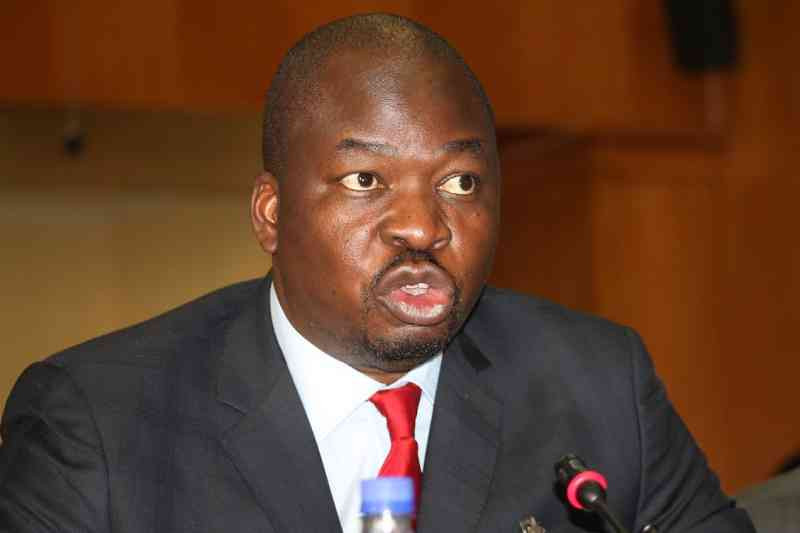
AS Zanu PF prepares to hold its annual conference in Bulawayo, the succession conundrum confronting the liberation movement has become a topical subject dominating Zimbabwean political discourse.
Growing interest around Zanu PF’s succession dynamics is now feverish.
This is due to the far-reaching impact the question exerts on Zimbabwe’s faltering economy. When internecine succession squabbles rocked Zanu PF during the last years of Robert Mugabe in power, Zimbabwe’s economy took a turn for the worse as political gladiators manoeuvred to wrest control of the party and government.
Inflation increased. Power outages increased. Hunger stalked millions of citizens.
There were numerous reports revealing widespread plunder of public resources by high-ranking public officials.
Inspite of that, Zanu PF big wigs escalated their vicious duel to control the seat of power at the expense of resuscitating a comatose economy. Desperate pleas by hapless citizens for the government to address bread and butter issues were ignored.
Seven years later, history is repeating itself. The ghost of unresolved Zanu PF succession issues is haunting Zimbabweans toiling to eke out a living in a harsh economic environment.
Calls for President Emmerson Mnangagwa to either step down in 2028 or cling on indefinitely have divided the party.
- Zanu PF chefs party in sea of poverty
- Zanu PF chefs party in sea of poverty
- ‘Bribe-taking bigwigs stifle corruption war’
- ‘Govt reviewing ownership model of struggling SOEs’
Keep Reading
Party mandarins appear obsessed with controlling the heart and soul of the party ahead of reviving Zimbabwe’s fragile economy, which has been struggling since 2000.
Although Mnangagwa has repeatedly pronounced that he will step down when his constitutional term ends, there are indications that some of his supporters are determined to have him continue as head of state until 2030. But Zanu PF can borrow a leaf from other liberation movements in Africa, which have gone through smooth internal transitions-a vital ingredient necessary for focusing on economic development.
Across the Limpopo, the African National Congress in South Africa has had five presidents since attaining independence in 1994.
In neighbouring Mozambique, Frelimo is widely expected to usher in its fifth leader since its formation in 1975.
In Namibia, Swapo has had four leaders from 1990 while Chama Cha Mapinduzi in Tanzania has had six presidents.
However, in the case of Zimbabwe, Mugabe’s nearly four decades in power created a fertile ground for the intractable power squabbles now threatening to consume the party, amid a collapsing economy.
In its latest report titled: “Succession: The bane of Zanu PF and Zimbabwe”, - the Zimbabwe Democracy Institute paints a gloomy outlook on the impact of unresolved power disputes within the ruling party to the economy.
“The deep rooted and structural succession challenges in Zanu-PF and Zimbabwe have had multiplier effects particularly on the economy,” the report observes.
Citizens expect the Zanu PF conference to put to rest the succession debate and proffer lasting solutions to the dying economy.











